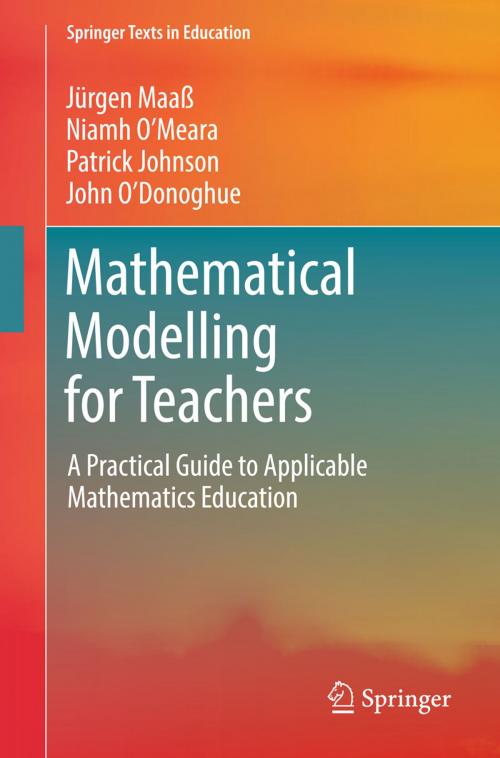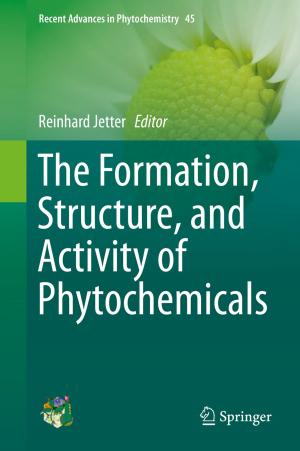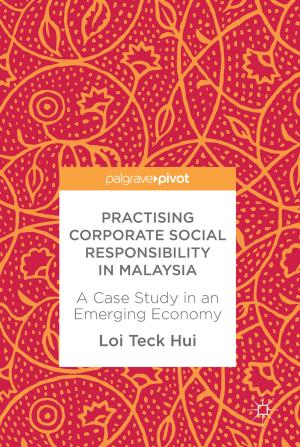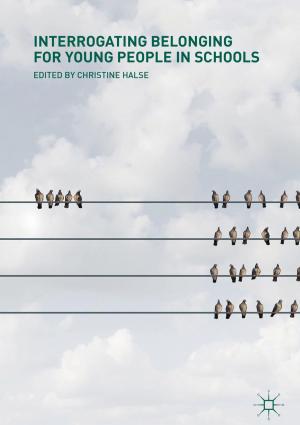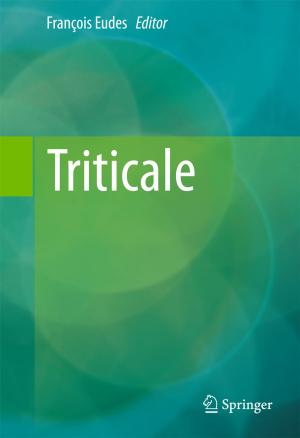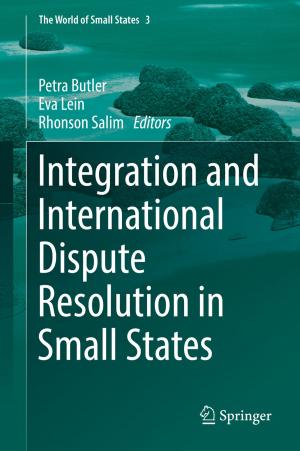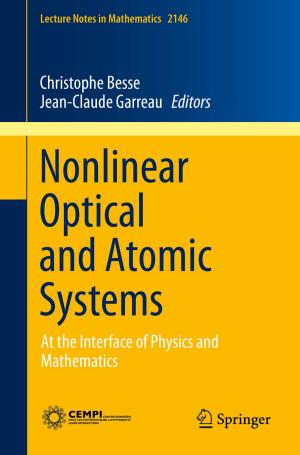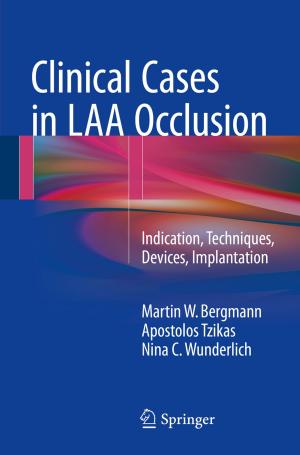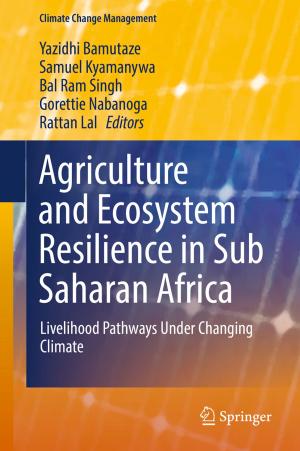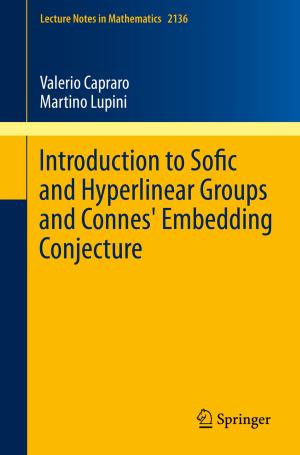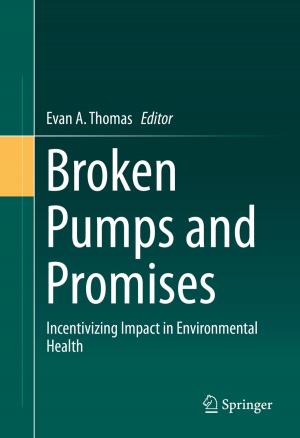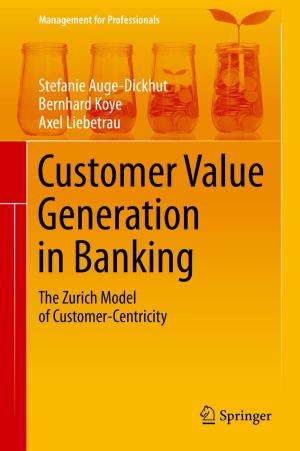Mathematical Modelling for Teachers
A Practical Guide to Applicable Mathematics Education
Nonfiction, Reference & Language, Education & Teaching, Educational Theory, Educational Psychology, Teaching, Teaching Methods| Author: | Jürgen Maaß, Niamh O’Meara, Patrick Johnson, John O’Donoghue | ISBN: | 9783030004316 |
| Publisher: | Springer International Publishing | Publication: | October 1, 2018 |
| Imprint: | Springer | Language: | English |
| Author: | Jürgen Maaß, Niamh O’Meara, Patrick Johnson, John O’Donoghue |
| ISBN: | 9783030004316 |
| Publisher: | Springer International Publishing |
| Publication: | October 1, 2018 |
| Imprint: | Springer |
| Language: | English |
While there are many areas of focus in mathematics education, there are many good reasons for offering applicable *mathematics education *in schools. Let us just mention two of the most important reasons. On the one hand, a focus on the practical side of mathematics presents a convincing and motivating answer to the typical student question: ‘Why study mathematics?’ On the other hand, education policy seems inclined to move in this direction by implementing international testing, curricula and catalogues of skills.
The most important feature of this book is that the authors speak directly to you, the mathematics teachers. The authors attempt to draw you into a continuous dialogue about activities you are asked to engage in as learners. You are asked to do something, and through doing and reflecting you will gain first-hand experience of new approaches and materials. In this way, you can learn to teach applicable mathematics to your students using your own experience as learners of applicable mathematics, motivated and supported by the book.
Here applicable mathematics education is the phrase we use to describe reality-based mathematics education. Reality-based mathematics relies heavily on problem solving and a positive disposition to engage with mathematics. Modelling reality and simulating selected aspects of reality are other pillars of reality-based mathematics education.
While there are many areas of focus in mathematics education, there are many good reasons for offering applicable *mathematics education *in schools. Let us just mention two of the most important reasons. On the one hand, a focus on the practical side of mathematics presents a convincing and motivating answer to the typical student question: ‘Why study mathematics?’ On the other hand, education policy seems inclined to move in this direction by implementing international testing, curricula and catalogues of skills.
The most important feature of this book is that the authors speak directly to you, the mathematics teachers. The authors attempt to draw you into a continuous dialogue about activities you are asked to engage in as learners. You are asked to do something, and through doing and reflecting you will gain first-hand experience of new approaches and materials. In this way, you can learn to teach applicable mathematics to your students using your own experience as learners of applicable mathematics, motivated and supported by the book.
Here applicable mathematics education is the phrase we use to describe reality-based mathematics education. Reality-based mathematics relies heavily on problem solving and a positive disposition to engage with mathematics. Modelling reality and simulating selected aspects of reality are other pillars of reality-based mathematics education.
